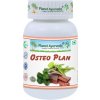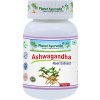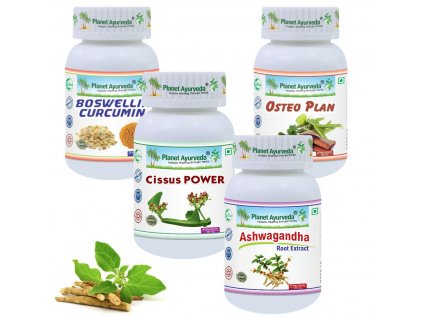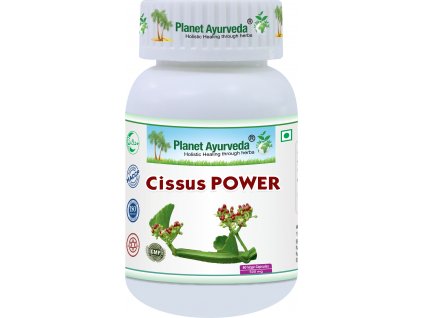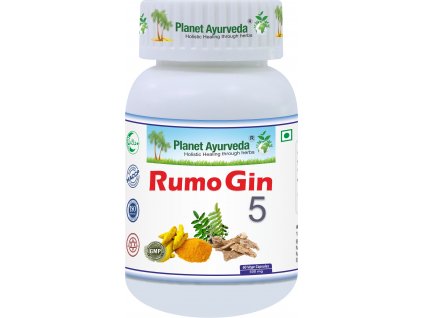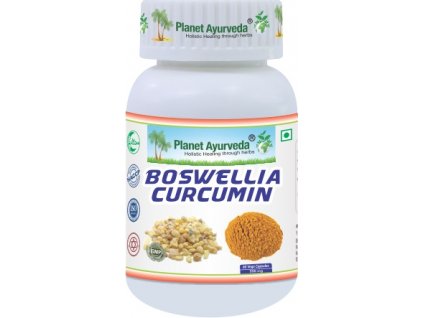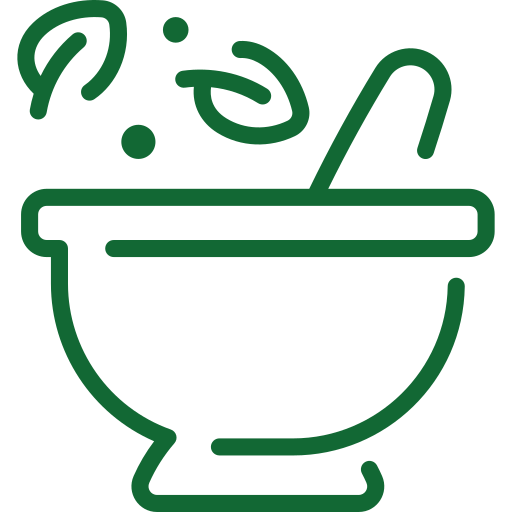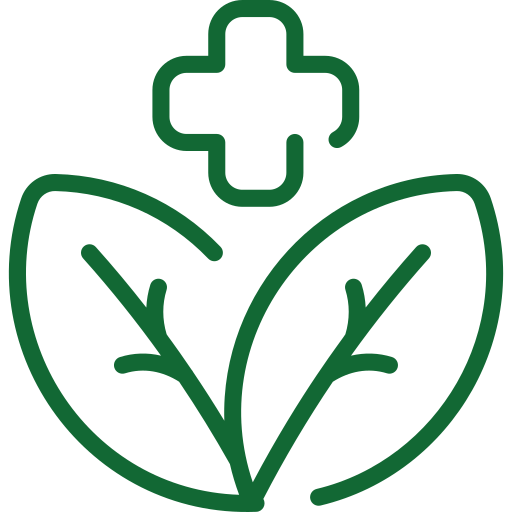Coxarthrosis
Coxarthrosis: Ayurvedic and modern approach to treatment
The disease and its symptoms
Coxarthrosis (coxarthrosis), often incorrectly referred to as coxaarthrosis or coxatrosis, is a degenerative disease of the hip joints that affects the cartilage and tissue around the joint. Symptoms include pain in the lumbar region, limited mobility, stiffness, tenderness and possibly swelling of the joint.
Causes of origin
From the point of view of modern medicine, coxarthrosis often develops as a result of cartilage wear in the hip joints. This process can be caused by several factors, including excessive stress on the joints due to repetitive movements, physical work or sports activities, as well as the effect of injuries or trauma on the joints.
In addition, genetic factors can play a role in the development of coxarthrosis. People with a family history of this disease may have a greater predisposition to developing it. Another factor can be obesity, as excessive load on the joints can lead to their wear and cartilage degeneration.
From the point of view of ayurveda , coxatrosis is often associated with an imbalance in the body, especially with an excessive accumulation of Vata dosha, which can lead to dryness, fragility and impaired cartilage's ability to maintain its structure and function. This condition can be influenced by various factors, including an unbalanced diet, insufficient hydration, insufficient physical activity, excessive stress or environmental influences.
Recommended herbs
In the treatment of coxarthrosis and gonarthrosis, herbs with anti-inflammatory and regenerative properties are often used in Ayurveda. Some of the most effective herbs include:
-
Ashwagandha (Withania somnifera): this adaptogenic herb helps reduce inflammation and promotes tissue regeneration in joints, which can help relieve pain and improve mobility.
-
Boswellia (Boswellia serrata): has strong anti-inflammatory effects and helps maintain joint health by reducing pain and inflammation
-
Curcumin (Curcuma longa): contains curcumin, which has anti-inflammatory and antioxidant effects, which can help treat coxarthrosis and protect joints
-
Cissus (Cissus quadrangularis): is known for its regenerative properties and can help treat coxarthrosis by promoting tissue healing and pain relief
-
Arjuna (Terminalia arjuna): this herb supports heart and blood vessel health and also has anti-inflammatory effects that may be beneficial in the treatment of coxarthrosis. Helps in the healing of fractures and bone injuries by supporting the formation of new bone tissue and accelerating the healing process
-
Shatavari (Asparagus racemosus): has a calming effect on the body and helps in tissue regeneration, which can be beneficial in the treatment of coxarthrosis
-
Gugul (Commiphora mukul): has anti-inflammatory effects and can help reduce pain and inflammation in affected joints
In addition to these herbs, other herbs such as Gokshura ( Tribulus terrestris) or Ginger ), which can help in the treatment of coxarthrosis
Suitable diet and lifestyle
According to both Ayurveda and modern medicine, it is important to follow a balanced diet and lifestyle to support joint health. The diet should include foods rich in nutrients such as omega-3 fatty acids, vitamins C and D, calcium and magnesium. It is also important to minimize the consumption of foods high in sugar and refined carbohydrates, which can worsen inflammation and joint pain.
Lifestyle should include regular physical activity, such as gentle exercises, yoga or swimming, which help maintain joint flexibility and strength. Maintaining the correct body weight and avoiding excessive load on the joints are also important for the prevention and treatment of coxarthrosis. See also

